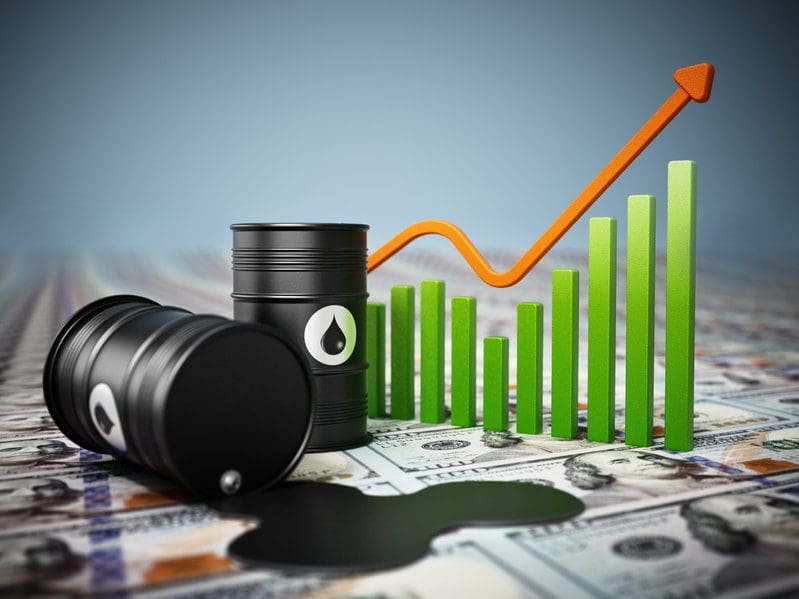$100 crude oil has resulted in a sharp reversal of finances throughout the oil and natural gas industry.
International integrated companies – such as Exxon Mobil Corp. and Chevron – reported strong first quarter earnings as did international service companies Schlumberger and Halliburton. Valero, a large Texas-based company in the refining sector, also reported increased revenues during the first quarter 2022.
However, companies with operations in Russia will be hit hard as they cease operations because of Russia’s invasion of Ukraine.
Exxon Mobil reported an earnings estimate of $5.5 billion, which included an unfavorable identified item of $3.4 billion associated with the company’s planned exit from Russia.
First-quarter 2022 results compared to fourth-quarter 2021 include upstream $4.5 billion compared to $6.1 billion, downstream $300 million compared to $1.5 billion, and chemicals $1.4 billion compared to $1.9.
Production declined 4 percent during the first quarter to 3.7 million barrels of oil equivalent per day.
Chevron Corporation reported earnings of $6.3 billion for first quarter 2022, compared with $1.4 billion in first quarter 2021.
“First quarter financial performance saw return on capital employed increase to 14.7 percent and our balance sheet strengthens further,” said Mike Wirth, Chevron’s chairman and chief executive officer. The company’s debt ratio and net debt ratio declined to 16.7 and 10.8 percent, respectively.
“Chevron is doing its part to grow domestic supply with U.S. oil and gas production up 10 percent over first quarter last year,” Wirth said. Permian Basin unconventional production grew to a record 692,000 barrels of oil equivalent per day in the first quarter, as the company raised its 2022 guidance to 700,000 – 750,000 barrels per day, an increase of over 15 percent from 2021.
Schlumberger reported a 14 percent increase in revenue to $5.96 billion, beating the Fact Set consensus of $5.91 billion as North American sales grew 32 percent.
Halliburton said revenue rose 24 percent to $4.28 billion. North America revenue surged 37 percent in the first quarter to $1.9 billion, while international revenue was up 15 percent to $2.4 billion.
Valero’s refining business reported a first-quarter operating profit of $1.45 billion as total throughput rose to 2.8 million barrels per day from 2.4 million barrels per day a year ago. Valero said its per-barrel margin increased to $12.74 from $6.91.
The strong showing of earnings comes just two years after the crash of demand in 2020 sending prices of crude oil and natural gas into negative territory briefly and all of these companies reporting losses.
Some members of Congress have criticized the oil and gas industry during this recent period of higher prices, and the Biden administration has accused the industry of price manipulation and “price gouging.”
But if the oil industry can control oil prices, why does the price of oil decline and oil companies lose money? The answer is oil prices are traded around the world every day by millions of companies and individuals based on supply and demand issues. Currently, demand is high and supplies are down, meaning the price of oil and natural gas is up as are the earnings of petroleum companies.
Alex Mills is the former President of the Texas Alliance of Energy Producers.
Alex Mills is the former President of the Texas Alliance of Energy Producers. The Alliance is the largest state oil and gas associations in the nation with more than 3,000 members in 305 cities and 28 states.





